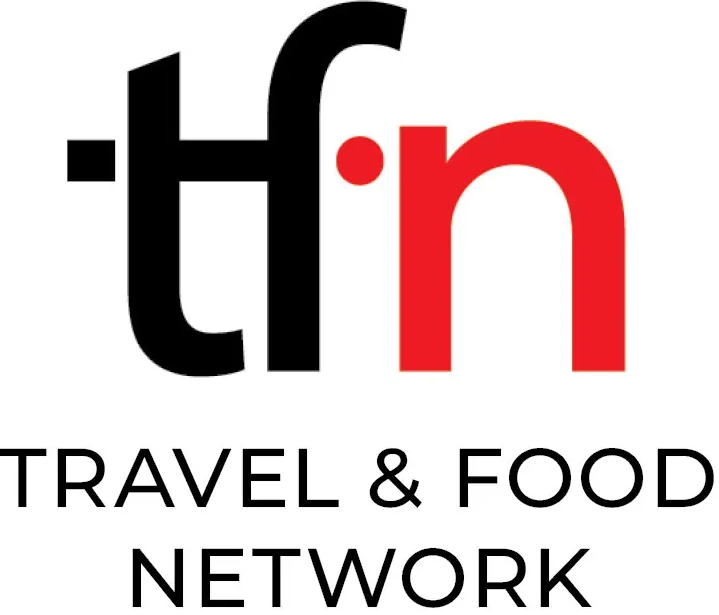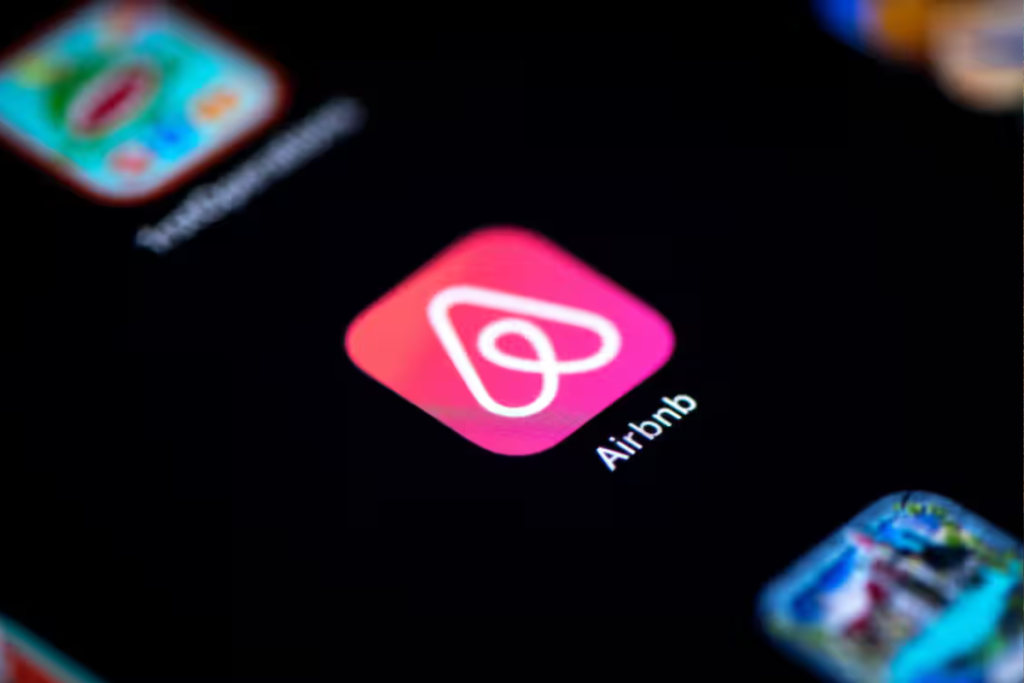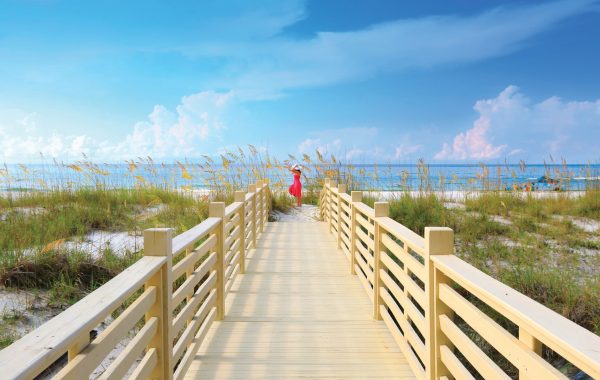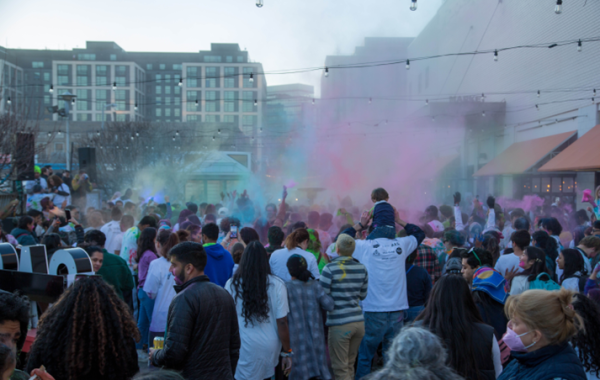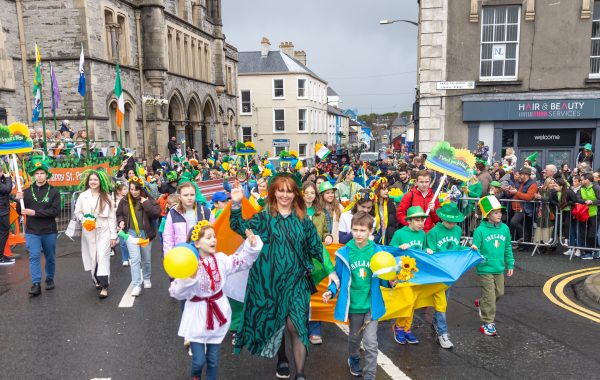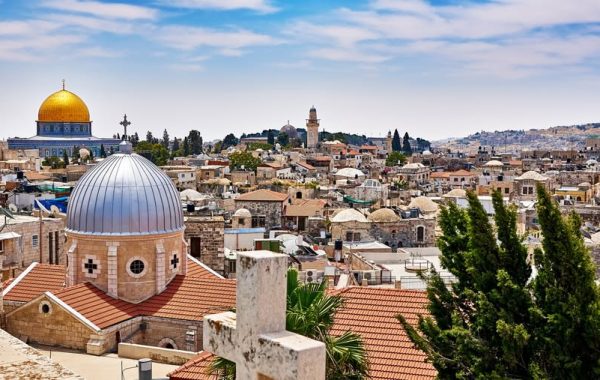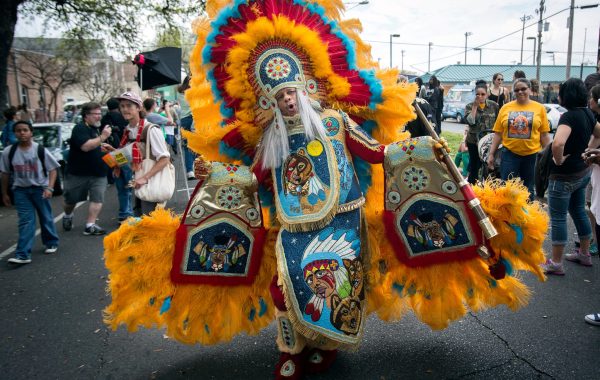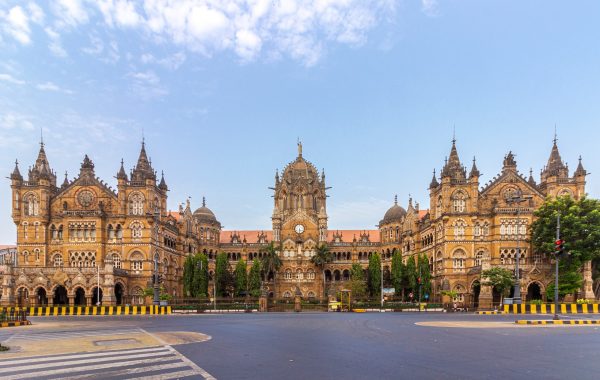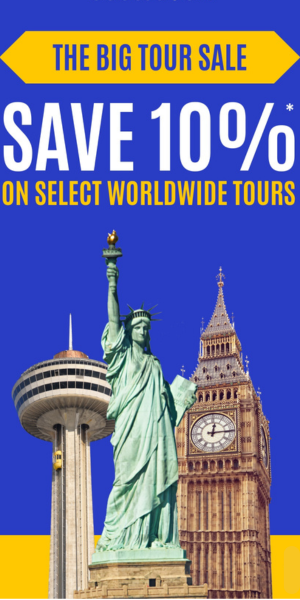New regulations expected to affect tens of thousands of illegal short-term listings
The new regulations governing Airbnb and short-term rentals in New York City came into effect this Tuesday, impacting potentially tens of thousands of unlawful short-term listings. These new rules bolster the enforcement of existing guidelines dictating how short-term rentals can operate. This legislative measure, known as Local Law 18, which was passed in January, mandates that hosts of short-term rentals must register with the city government.
According to Christian Klossner, representing the New York City mayor’s office of special enforcement, “Registration establishes a clear framework for hosts who comply with the city’s long-standing laws, safeguarding travelers from illegal and unsafe accommodations and putting an end to the proliferation of unlawful short-term rentals.” Klossner’s office is overseeing the implementation of these new regulations and will collaborate with platforms to employ their verification processes.
Legal short-term rentals are defined as properties hosting no more than two individuals, with the host residing in the dwelling unit, while guests must have access to all parts of the home.
Under these stricter regulations, eligible hosts are required to prove their residency in the dwelling they are renting and ensure their home meets municipal safety codes and other regulatory standards. Hosts found in violation of this new legislation could face fines ranging from $1,000 to $5,000.
Platforms such as Airbnb and Vrbo are obligated to ensure that anyone using their services in New York City adheres to the local rules.
Currently, there are over 40,000 Airbnb listings in New York, as reported by Inside Airbnb, an advocacy group tracking listings in the United States and around the world.
Murray Cox of Inside Airbnb stated, “In New York City, residential apartments should be used for residential purposes.” He emphasized that the latest regulations are expected to significantly reduce the number of available listings.
Advocates of the new law have long been pushing for stricter regulation of Airbnb in New York and other cities, particularly in light of New York’s housing shortage. Those residing near short-term rentals have complained of disturbances to local communities, including noise, parties, and pollution.
However, hosts have opposed this enforcement, arguing that it could harm families trying to make ends meet by renting out their homes. Airbnb’s Global Policy Director, Theo Yedinsky, expressed concern that the latest enforcement would negatively impact New York City’s tourism economy. He stated, “New York City’s new short-term rental rules are a blow to its tourism economy and the thousands of New Yorkers and small businesses in the outer boroughs who rely on home sharing and tourism dollars to help make ends meet.” Yedinsky further added, “The city is sending a clear message to millions of potential visitors who will now have fewer accommodation options when they visit New York City: ‘You are not welcome.'”
Several other U.S. cities have also imposed significant restrictions on Airbnb. For instance, Santa Monica, California, has banned renting apartments for less than 30 days, as reported by the Los Angeles Times, and has implemented additional regulations to oversee short-term dwellings. Philadelphia has similarly passed restrictions on short-term rental platforms, removing unlicensed short-term listings from Airbnb and other similar platforms.
For latest travel news and updates, food and drink journeys, restaurant features, and more, like us on Facebook or follow us on Instagram. Read more on Travel and Food Network
Trending on TFN
The 23 Best Places To Go In 2023
